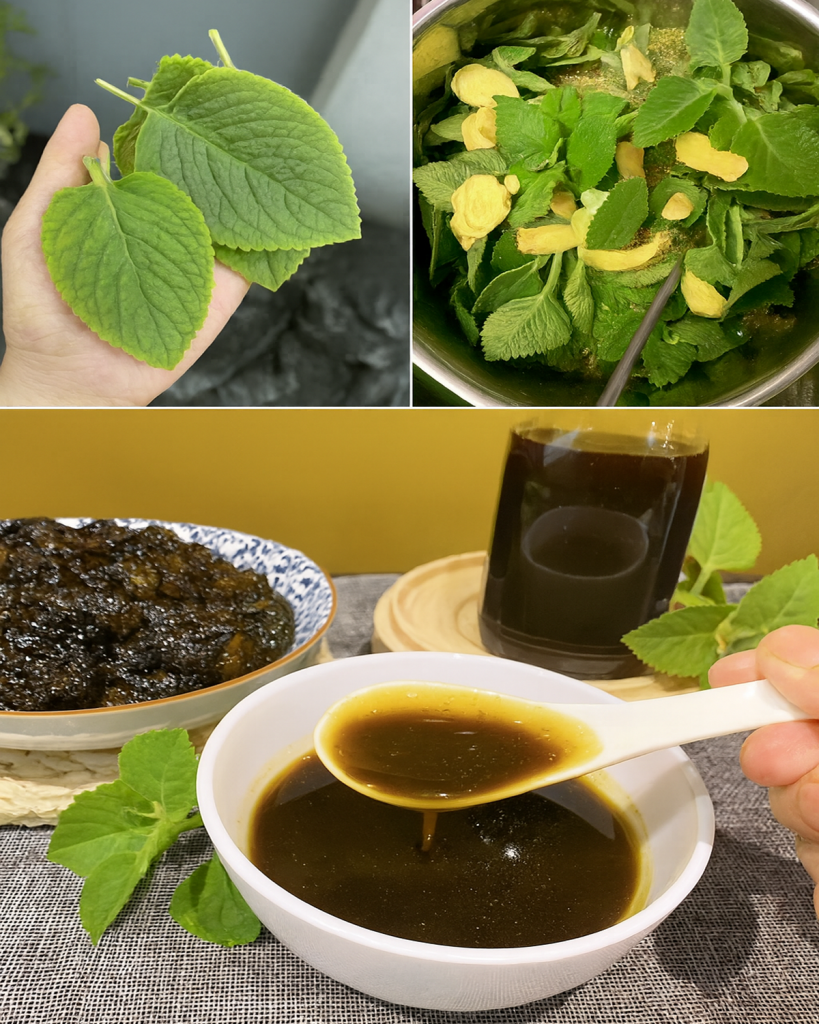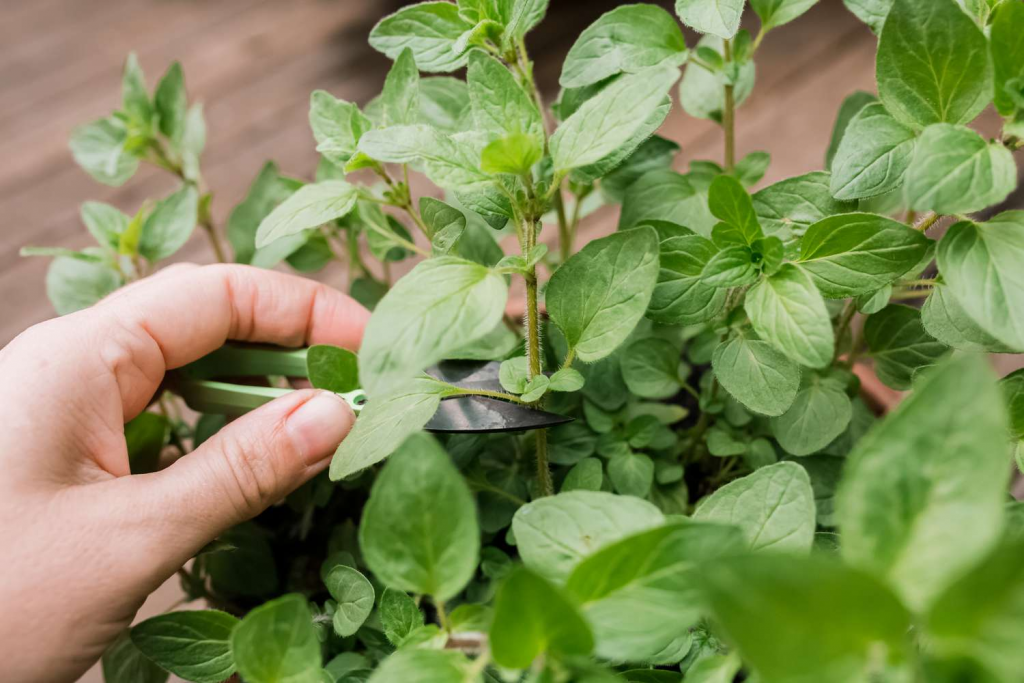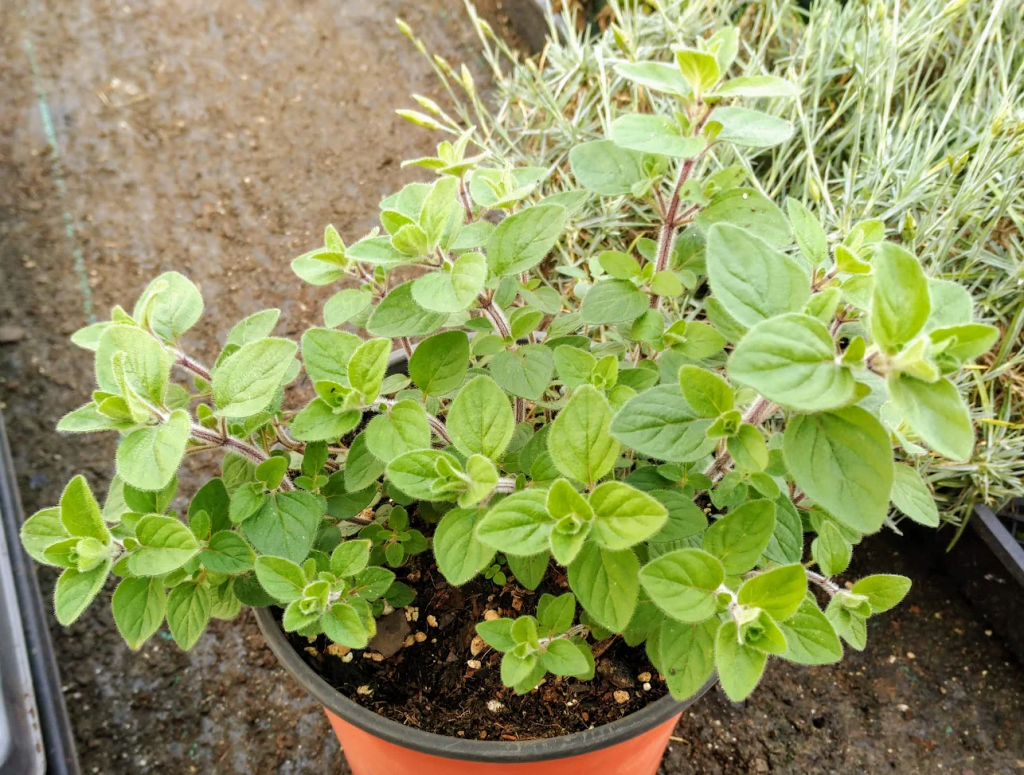Every year, over 20 million people worldwide face vision problems related to cataracts, and millions more rely on glasses or contact lenses to get through daily life. But what if nature already offered support hidden in your kitchen spice rack? Oregano, a familiar culinary herb, has long been valued in traditional remedies for its rich antioxidant content. Now, it’s capturing attention for its potential role in supporting eye health and overall well-being.
Generations across the Mediterranean and Asia have brewed oregano tea or used its extracts not only for flavor but also for wellness. With its abundance of natural compounds—like carvacrol, rosmarinic acid, and vitamin A—oregano is being re-examined as more than a pizza topping. Could this modest plant truly help protect your vision? While research continues, many people are already exploring oregano-based drinks, oils, and teas as part of their wellness routine.
This article uncovers the history, science, and everyday uses of oregano, and explains why so many are calling it a natural vision ally.

What Makes Oregano Unique?
Oregano (Origanum vulgare) belongs to the mint family and grows widely across Europe, Asia, and the Americas. Beyond its bold flavor, it is packed with plant-based compounds that make it a standout in the world of natural remedies:
- Carvacrol and thymol – essential oils linked with antimicrobial and antioxidant activity.
- Rosmarinic acid – known for its anti-inflammatory and free-radical-fighting properties.
- Vitamin A – essential for eye function and night vision.
- Flavonoids – plant chemicals that may support vascular and retinal health.
These components are why oregano has become a staple in folk remedies and why scientists are taking a closer look at its role in long-term wellness.
1. A Long Tradition of Oregano in Healing
Oregano’s story begins centuries ago in the Mediterranean, where it was known as the “joy of the mountains.” Greeks and Romans used it for respiratory complaints and digestive issues. In Middle Eastern traditions, oregano tea was believed to soothe inflammation and promote clarity.
Case studies show its reach even today. In rural Italy, families still brew oregano tea as a daily tonic for digestion and energy. In Turkey, oregano oil is a common household remedy for colds and seasonal discomforts. While many uses were rooted in folklore, modern analysis validates that oregano is rich in compounds with measurable health effects.

2. Oregano and Eye Health: What We Know
Antioxidants Against Oxidative Stress
One of the key threats to vision is oxidative stress, which can damage cells in the retina and lens. Oregano’s rosmarinic acid and flavonoids act as natural antioxidants, potentially helping the body combat this damage.
Vitamin A for Better Sight
Vitamin A is indispensable for vision, especially night vision. Oregano, though not as concentrated as carrots, still contributes to overall vitamin A intake when consumed regularly.
Anti-Inflammatory Support
Inflammation can accelerate conditions like cataracts and age-related vision decline. Oregano’s natural compounds may support the body’s natural ability to manage inflammation.

| Compound | Potential Role in Vision Support | Everyday Source |
|---|---|---|
| Rosmarinic acid | Fights oxidative stress | Oregano leaves, tea |
| Vitamin A | Maintains healthy vision, supports retina | Fresh oregano, extracts |
| Carvacrol | Antioxidant and antimicrobial support | Oregano oil |
3. Everyday Ways to Use Oregano
Adding oregano to your daily life doesn’t have to be complicated. Here are a few simple approaches:
- Oregano tea: Steep 1–2 teaspoons of dried oregano leaves in hot water for 10 minutes. Drink once daily.
- Culinary use: Sprinkle fresh or dried oregano generously over soups, roasted vegetables, and grains.
- Oregano oil (diluted): A few drops mixed in a carrier oil, applied externally, may support skin health.
- Smoothie boost: Add a small pinch of fresh oregano to green smoothies for an herbal twist.
Tip: Always start small, as oregano has a strong flavor and potency.

4. Real-Life Examples
Take the story of Maria, a 67-year-old retiree in Spain. After years of eye strain and mild cataract diagnosis, she began drinking oregano tea each morning. While her condition still required regular checkups, she reported feeling more comfortable and noticed fewer episodes of eye dryness.
Or consider James, a health enthusiast in California, who adds oregano to his daily meals. For him, it’s less about treating problems and more about prevention. He describes it as “insurance from nature” to keep his vision sharp as he ages.
These stories reflect how oregano, when integrated consistently, can become part of a holistic wellness strategy.
5. The Science: Where Do We Stand?
While oregano shows promise, it’s important to be clear: it is not a cure for cataracts or serious eye diseases. However, early research supports its antioxidant, antimicrobial, and anti-inflammatory qualities. Some small studies suggest oregano extracts could help reduce oxidative damage, one of the contributors to vision decline.

Ongoing studies are exploring:
- How oregano compounds affect retinal cells in the lab.
- The role of oregano in reducing oxidative stress markers.
- Synergies between oregano and other antioxidant-rich foods like carrots and leafy greens.
In essence, oregano is best seen as a supportive lifestyle addition rather than a replacement for medical care.
6. How to Incorporate Oregano Safely
If you’re considering oregano for wellness:
- Culinary use is generally safe.
- Oregano tea should be limited to 1–2 cups daily.
- Essential oil should never be consumed undiluted—only use topically with carrier oils.
- Check with a healthcare provider if you are pregnant, breastfeeding, or on medication, as oregano oil can interact with certain drugs.
Harvest oregano from chemical-free gardens or buy certified organic sources to ensure purity.
Conclusion
Oregano is more than a kitchen spice—it’s a natural powerhouse with compounds that may support eye health, comfort, and overall wellness. While it cannot replace ophthalmologists or serve as a standalone treatment for cataracts, adding oregano to your diet and routine could be a small but meaningful step toward supporting lifelong vision.
Quick FAQs
Can oregano reverse cataracts?
No, cataracts require medical care. Oregano may support overall eye health but is not a cure.
Is oregano tea safe daily?
Yes, in moderation (1–2 cups per day).
Does oregano replace my prescription glasses?
No. Oregano is supportive, not a substitute for corrective lenses.
What’s the best way to take oregano for vision support?
Incorporate it into meals or drink as tea for steady, gentle benefits.
Disclaimer: This article is for informational purposes only. It does not replace medical advice, diagnosis, or treatment. Always consult your healthcare provider for eye-related concerns.




